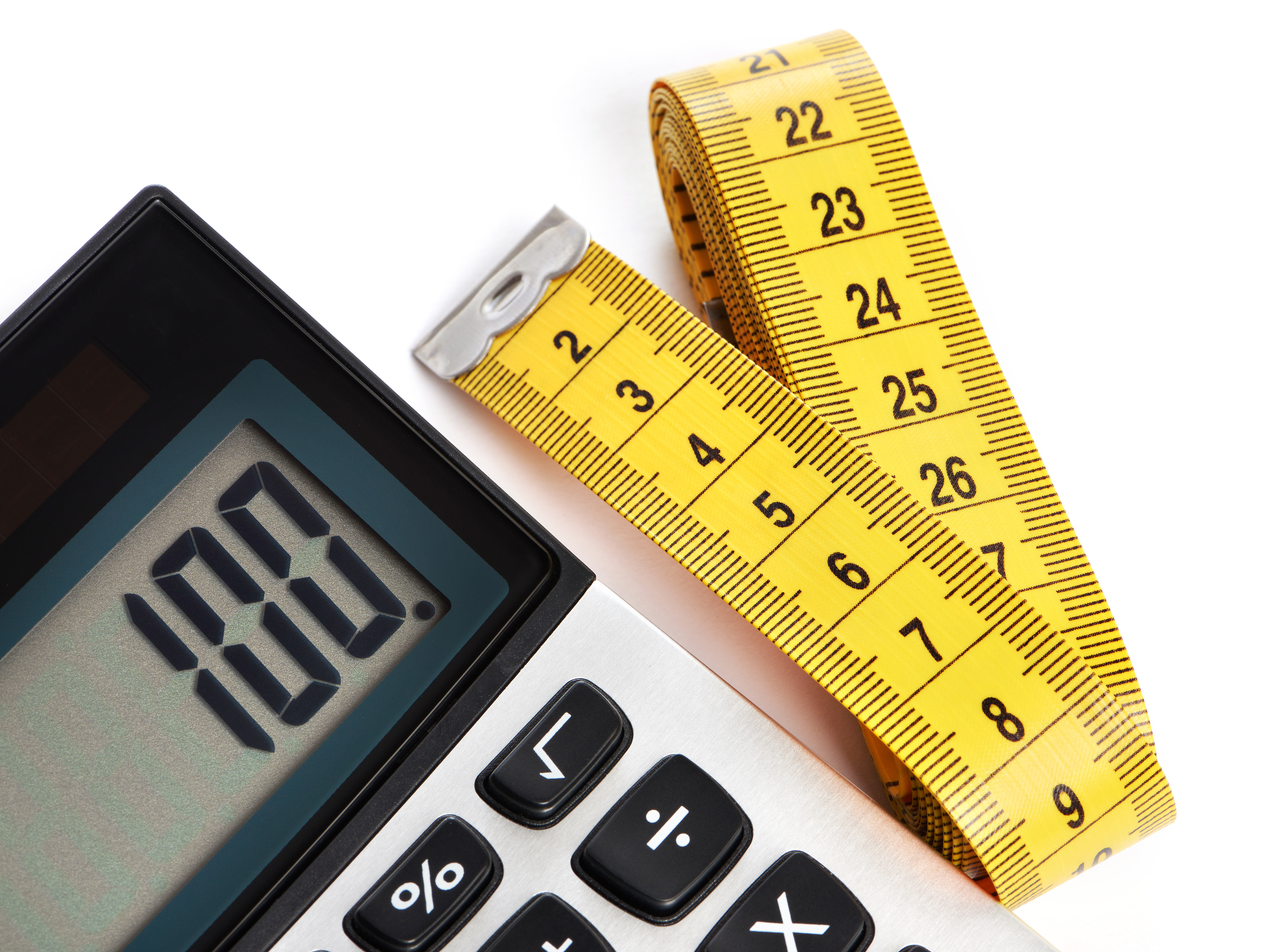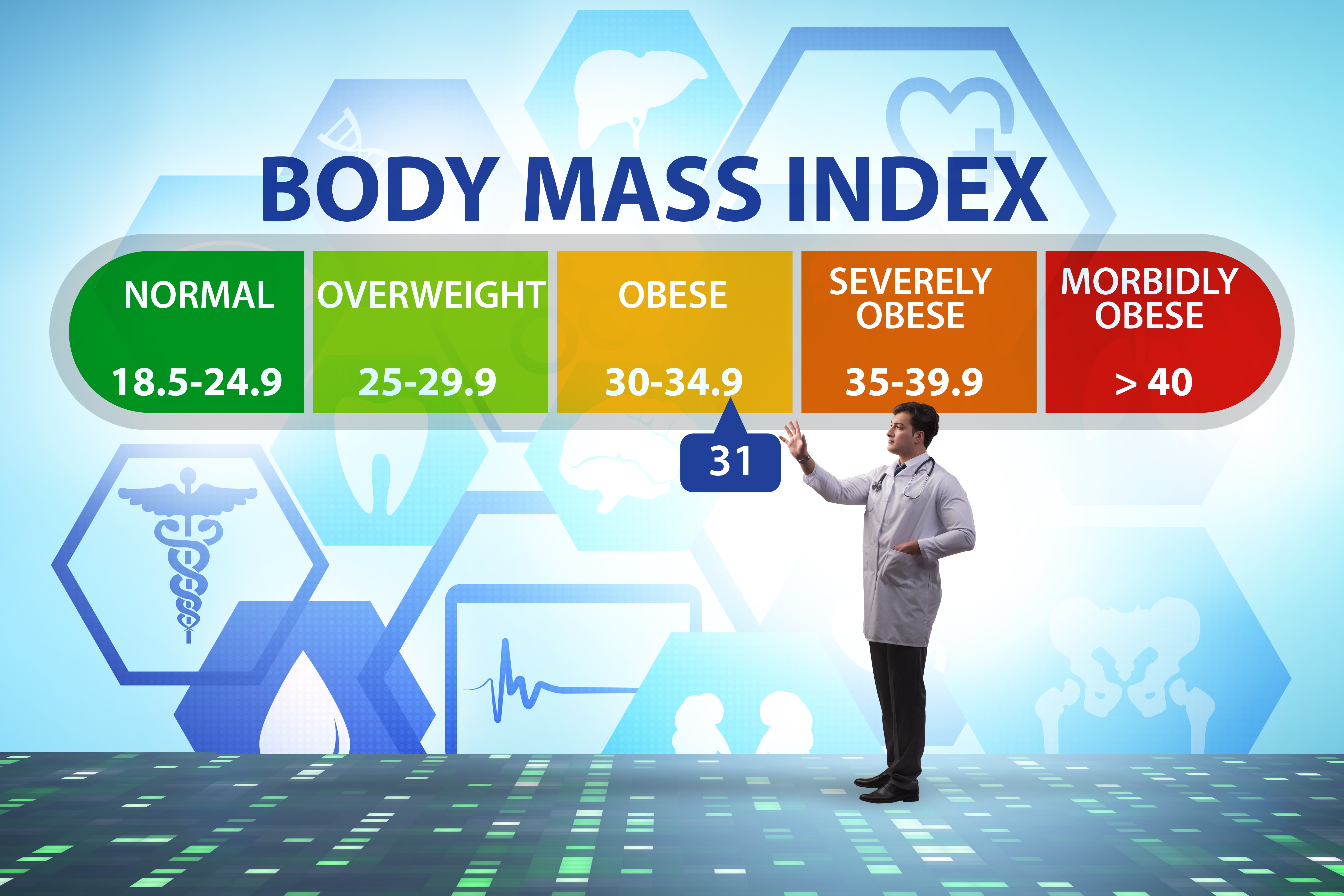
If you’re wondering whether your body is at a healthy weight, too thin, or carrying a bit too much fat, checking your BMI (Body Mass Index) is a great way to get an idea. BMI is a handy health tool that’s well-known among fitness enthusiasts and health-conscious individuals. It helps estimate the amount of body fat by considering your weight and height.
Why Measure BMI?
While simply checking your weight can tell you if you’re generally underweight or overweight, BMI goes a step further by factoring in your height. This allows you to get a better sense of how much fat your body might be carrying. By knowing your BMI, you can better tailor your exercise routines and eating habits to achieve your ideal body goals.

How to Measure BMI
To calculate your BMI, you’ll need to know your weight (in pounds or kilograms) and your height (in inches or meters). Here’s the formula:
-Multiply your weight (in pounds) by 703.
-Divide the result by your height (in inches).
-Divide that result by your height (in inches) again.

What’s a Healthy BMI?
A BMI between 18.5 and 24.9 is considered healthy. However, it’s important not to rely solely on BMI to assess your health. Other factors like your genetic background, smoking or drinking habits, and mental health can also impact your body fat levels. Having too much body fat increases the risk of heart disease, high blood pressure, and diabetes, while too little fat can lead to nutritional deficiencies and weakened immunity.
While BMI can’t provide a complete picture of your health, it’s a useful tool to help you identify potential health risks related to your body weight. It’s easy to measure and can help you maintain a balanced, healthy lifestyle by regularly checking your BMI.




Comments